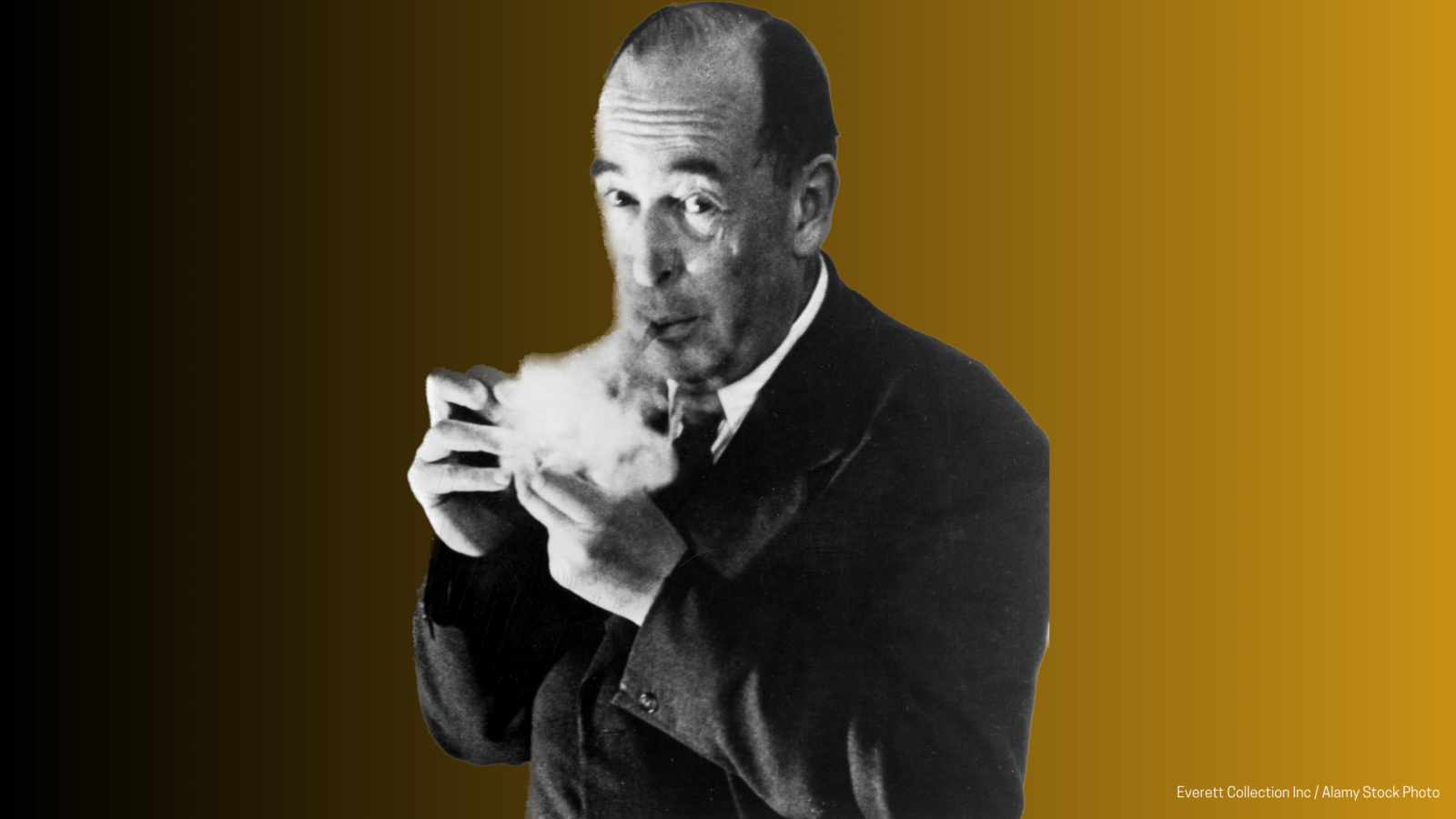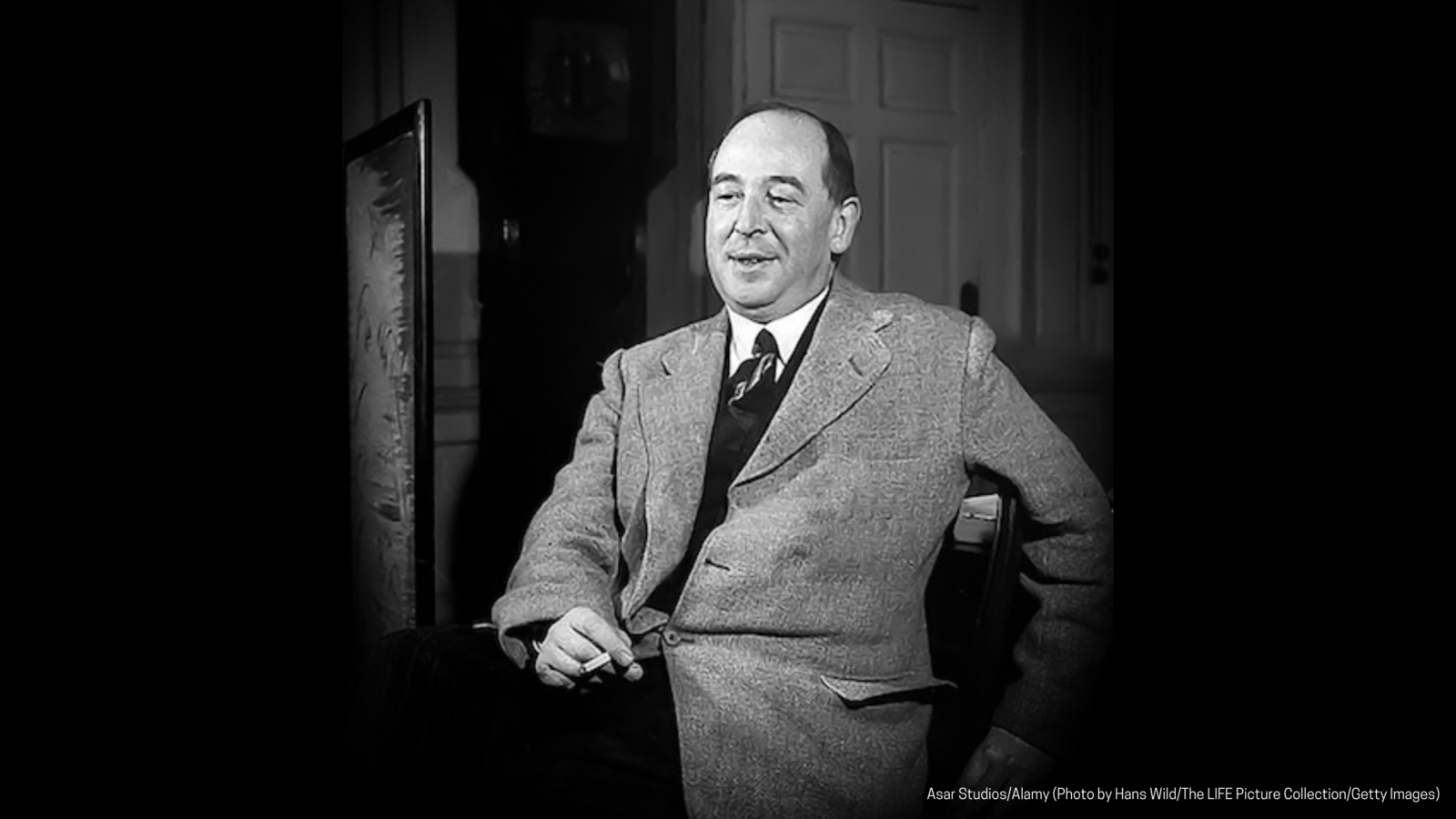


C. S. Lewis’s Prophetic Legacy on Scientism

David Berlinski on the Universal Civilization, Architectural Decline, and Fleeing the Nazis
On this ID the Future, host Wesley J. Smith talks with polymath and Human Nature author David Berlinski about the philosophy of mathematics, the corruption of science, the burning of Notre Dame, modern Europe’s curious incapacity to build graceful, beautiful structures, and what’s driving the devolution of Western society. But before any of that, Berlinski relates the dramatic story of how his parents, European Jews, escaped the Nazis only by the skin of their teeth. This is Part 1 of a two-part conversation borrowed with permission from Wesley J. Smith’s Humanize podcast.